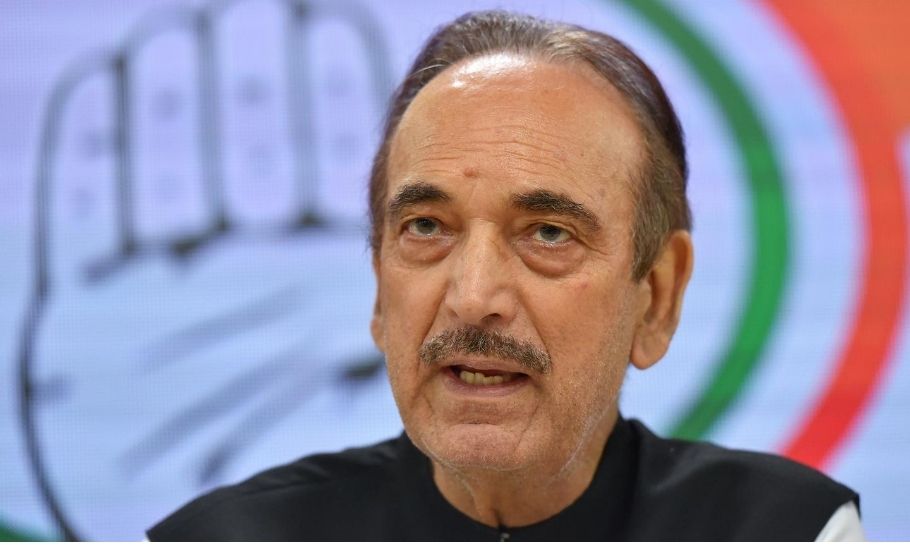
Hoping SC delivers verdict in favour of people of J&K: Ghulam Nabi Azad on Article 370 petitions

Srinagar, Dec 10 (PTI) Former Jammu and Kashmir chief minister Ghulam Nabi Azad expressed hope on Sunday that the Supreme Court will deliver a verdict in favour of the people here on a bunch of petitions challenging the abrogation of the provisions of Article 370 of the Constitution in 2019.
"I have said it earlier ... there are only two (institutions) that can return articles 370 and 35A to the people of Jammu and Kashmir -- Parliament and the Supreme Court. The Supreme Court bench is non-partisan and we hope that it will give a decision in favour of the people of Jammu and Kashmir," Azad told reporters here.
Azad, who floated the Democratic Progressive Azad Party (DPAP) after parting ways with the Congress, said he cannot foresee Parliament reversing the decisions taken on August 5, 2019 as it would require a two-thirds majority in the Lok Sabha.
"To return Article 370 and Article 35A would require 350 seats (in the Lok Sabha). Any regional party in Jammu and Kashmir can get three, four or a maximum of five seats. That would not be enough. I do not see the opposition mustering such numbers. (Prime Minister Narendra) Modiji had the majority, but he did not do it. So it is only the Supreme Court that can do it," he said.
Azad said the people of Jammu and Kashmir, irrespective of their religion or ethnicity, have an emotional attachment with the special provisions of the Constitution that were repealed four years ago.
"The people of Jammu and Kashmir are attached to Article 370 and Article 35A, not politically but emotionally. It is important that these (provisions) are restored for securing our present and future," he said.
The former Union minister pointed out that the special provisions were enacted by Maharaja Hari Singh in 1925 to protect the land and jobs for the people of Jammu and Kashmir.
"These provisions found a place in the Constitution of the country after independence in the form of Article 35A. So many governments came and went over the last 100 years and no one felt the need to change it," he added. PTI

